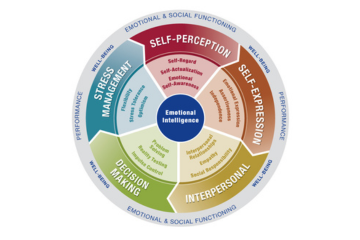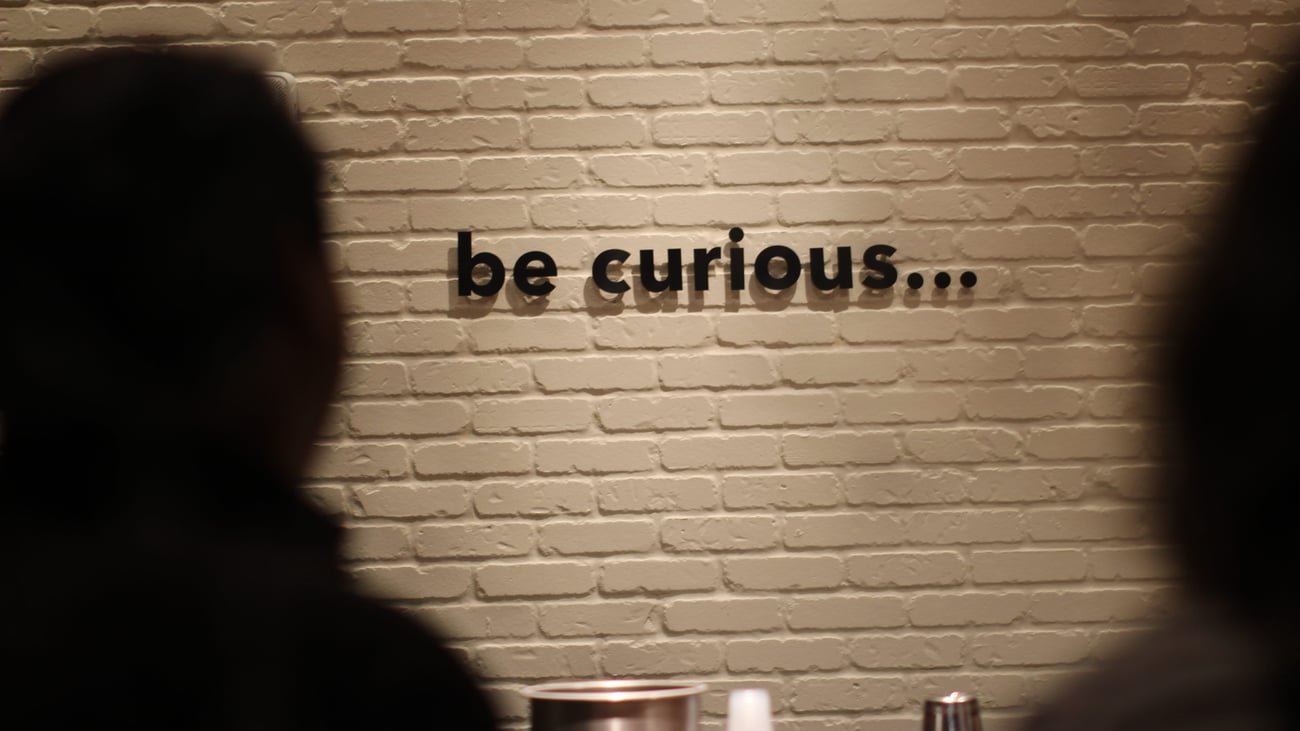
How open are you to change?
Change is hard. I partner with many professionals who are aware of the things they want to change in themselves. Of course, some of us are more open and aware than others.
One tool that I use to bring clarity to skill level and how we show up is the EQ-i 2.0 and EQ360, one of the world’s most widely used emotional intelligence tests. With 25+ years of research behind it, the EQ-i 2.0 offers clients clarity around various emotional intelligence skills that are critical to how they see themselves and the world, how they resolve conflict, build teams, lead effectively, build relationships and resilience.
What is most helpful to clients is that the EQ-i 2.0 provides a powerful assessment of their areas of strength and potential areas for development. The EQ360 incorporates feedback from their manager, peers, direct reports, other colleagues, and family members, so it provides an even more comprehensive picture and is very useful in a business setting. How open are you to change?
#WiseWords
“It is easier to resist at the beginning than at the end.“
Worth The Share

Personal change is tough. Convincing others to change can feel impossible. I am thrilled to welcome back Deb Graham, who shares with us how to uncover and mitigate resistance in the workplace. Here is her article, Unmasking Resistance: Unlocking the Secrets to Successful Change…
Have you ever experienced that frustrating moment when you’re ready to embark
on an exciting journey, only to find your partner dragging their feet? Well, it’s not just a personal phenomenon – resistance can rear its head in various aspects of our lives, including the workplace. You’ve likely seen one or more of these subtle forms of resistance. What makes them so challenging to identify is that they can be easily explained away.
The Deceptive Smile and Nod:
Picture this: you present your groundbreaking idea, and your colleagues nod along, seemingly agreeing with you. However, these nods might not necessarily translate into genuine agreement. More often than not, they simply indicate that your message has been heard, while the actual buy-in is still lacking.
The Elusive Follow-Through:
You’ve managed to secure apparent agreement from your team, but progress remains stagnant. They constantly find excuses for not taking action, claiming they’re too busy or promising to do it later. But you wonder, are they legit busy or simply waiting you out?
The Absent Attendees:
Frequently missing or cancelling meetings about the change may be a sign of resistance. When individuals fail to show up it may be an indication that they are intentionally avoiding participation. If your boss frequently reschedules, she may be signaling that it’s not really a priority.
The Vocal Complainers and Confronters:
Sometimes, resistance takes a more overt form, with individuals openly complaining or confronting the proposed changes. While these expressions of discontent can be challenging, they provide valuable insight into the reasons behind the resistance. By engaging in open dialogue and active listening, it becomes possible to understand the concerns and discuss options that everyone can get behind.
Perhaps the most treacherous aspect of resistance is its ability to remain concealed. Just because no one is explicitly talking about it doesn’t mean everyone is committed to the change. Unaddressed resistance festers and becomes deeply entrenched, posing a significant obstacle to successful change implementation. Instead of persistently pushing forward, taking a step back and engaging in meaningful dialogue can work wonders. By asking questions, actively listening, and genuinely understanding the perspectives of others, we can diminish emotional resistance and identify logical hurdles that require course correction.
And Finally...

Deb’s advice, at the end of the above article is music to my ears… “asking questions and actively listening” is something I frequently advocate when coaching clients or facilitating workshops. Here is another technique to consider. Be curious!
When we open up our minds rather then close them off to the possibility, when we are really
curious and interested in “genuinely understanding the perspectives of others”, the magic truly happens.
The next time you are in a conversation with someone, approach it with a sense of curiosity… you may be surprised by what you learn.
Happy summer,
Mary Jo
